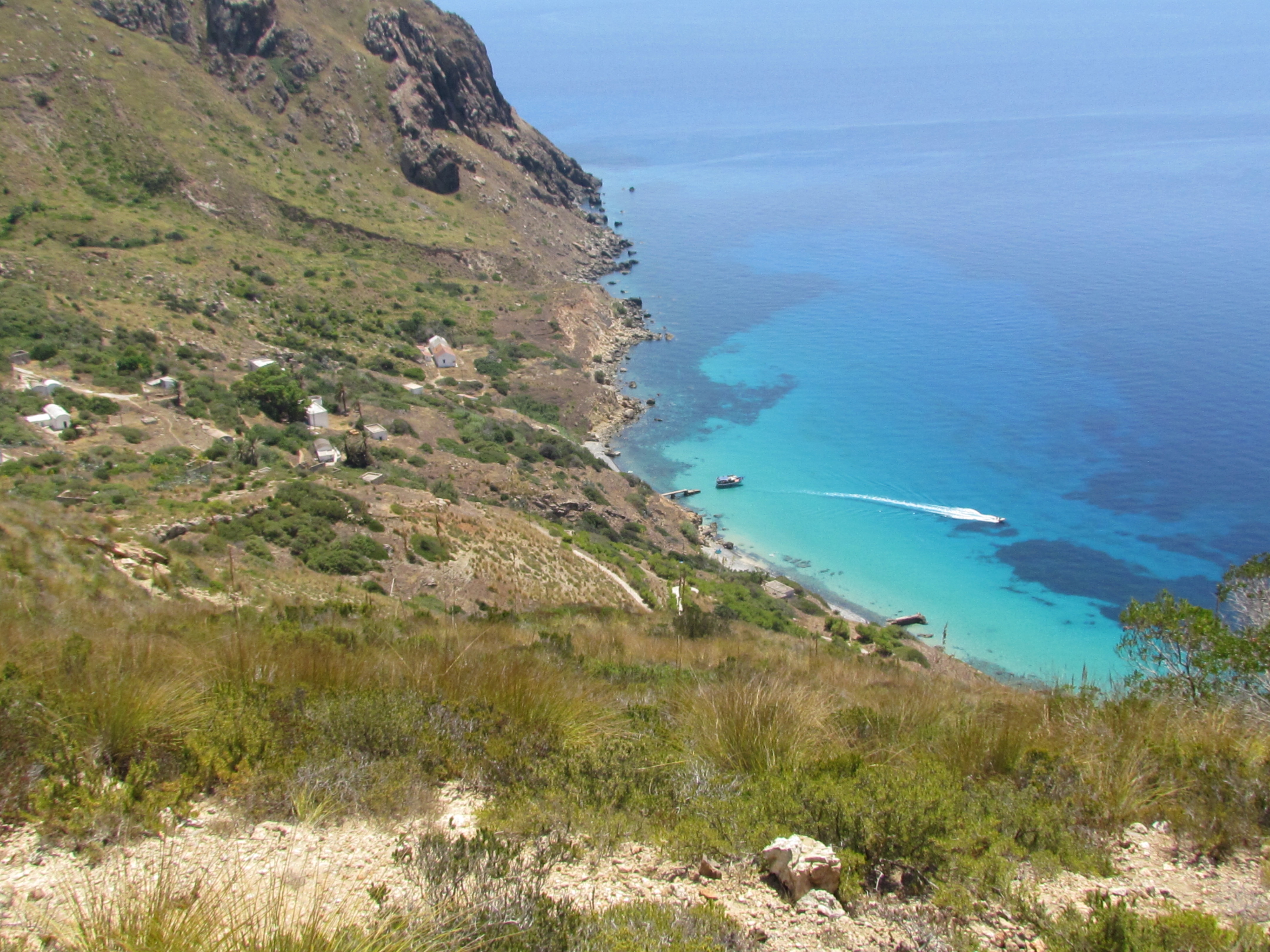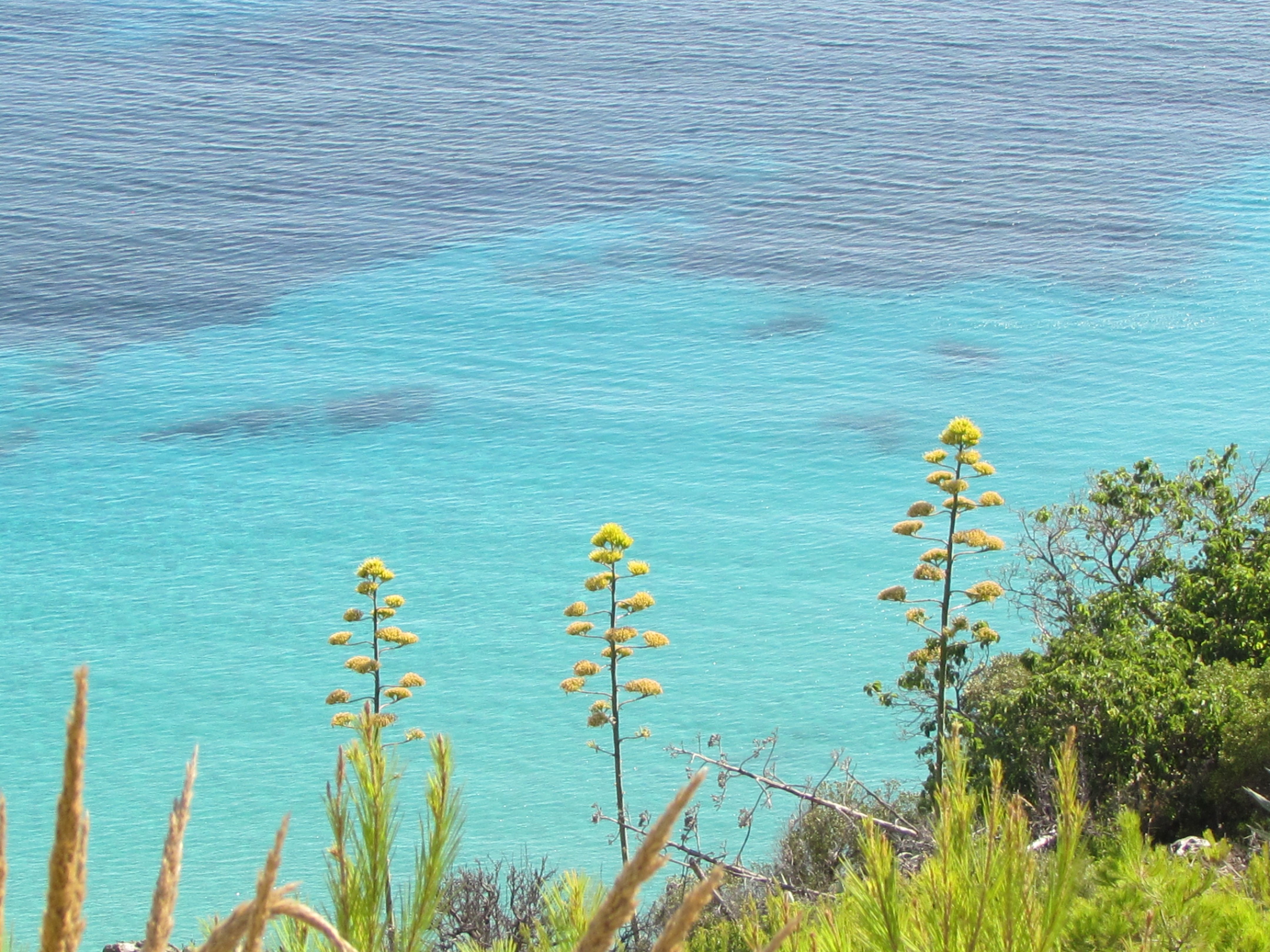People & MPAs – 30x30 Story Collection
Guardians of Galite: Co-Managing Tunisia’s Remote Marine Protected Jewel
September 28, 2025
By Maria Elena De Matteo
This story is based on a transcribed interview with Shaiek Moez, environmental scientist and co-manager of the Galite Marine Protected Area (MPA), conducted as part of the ACTeon study for the Med Sea Alliance.
Tucked away off Tunisia’s northern coast lies La Galite, a remote island with rich biodiversity, cultural heritage, and a growing commitment to marine conservation. For Shaiek Moez, a scientist and co-manager of the site, the MPA is more than a protected zone — it's a testing ground for collaborative, science-driven stewardship.

A Lab of Co-Management in Action
Galite is co-managed by the NGO MAN (Méditerranée Action Nature), a team of environmental experts, in partnership with Tunisia’s national coastal agency, APAL. Together, they are proving that even in isolated locations, protection efforts can be strategic and effective.
“The strength of our management,” says Shaiek, “lies in following clear objectives and implementing annual action plans — from biodiversity monitoring to education.”
The team tracks species such as the Eleonora's falcon posidonia and groupers using standardised Mediterranean protocols, helping to build shared databases for regional research. They also monitor human activities like fishing and visitation, manage hiking trails, and lead environmental education campaigns.
Despite limited access — the site is only managed on-site from June to November — the team maintains a strong year-round presence through collaboration with the maritime guard and stakeholder meetings.

Limited Resources, Unlimited Commitment
La Galite is protected, but not resourced. One of the biggest challenges, Shaiek notes, is financial: “There are no substantial national budgets allocated to MPAs. Around 80–90% of our funding comes from international sources like GEF, FFEM and MedFund.”
Although various studies have proposed self-financing mechanisms — including fishing or tourism taxes — these ideas remain unimplemented. Equipment and transportation also remain a bottleneck. “NGOs work fast, but the administration moves slowly. There’s a rhythm mismatch.”
Still, the presence of a skilled core team (three PhDs and one specialised Master’s) ensures quality work. They’ve even invested in diving gear for on-site monitoring — what’s missing is autonomy of movement.
Small-Scale Impact, Big Symbolic Value
Due to its remoteness, Galite has a limited economic impact on local communities. A no-take zone of around 3 km is overall respected by local fishers, and tourism numbers remain modest (400–500 visitors per year). But Shaiek emphasises that this natural isolation is also a form of protection.
The island’s symbolic weight, however, is immense. “People have deep emotional ties to Galite: some were even born there. It’s seen as a dream destination, an untouched island with protected species and archaeological heritage.”
For local fishers, coexistence has been positive. And for the broader public, awareness is slowly growing. “We’re seeing more people realise that this site has active managers who care about its conservation,” says Shaiek.
The Takeaway
Galite’s story isn’t one of large-scale transformation — it’s one of quiet resilience and long-term vision. With better funding, stronger autonomy, and real stakeholder inclusion, it could become a model for co-managed MPAs across the Mediterranean.
"Even in isolation, management matters. And when scientists and institutions co-manage with care, the sea remembers.”

Get Involved Now
The Mediterranean Sea, a vital hub of marine biodiversity, is facing an unprecedented threat from illegal fishing practices